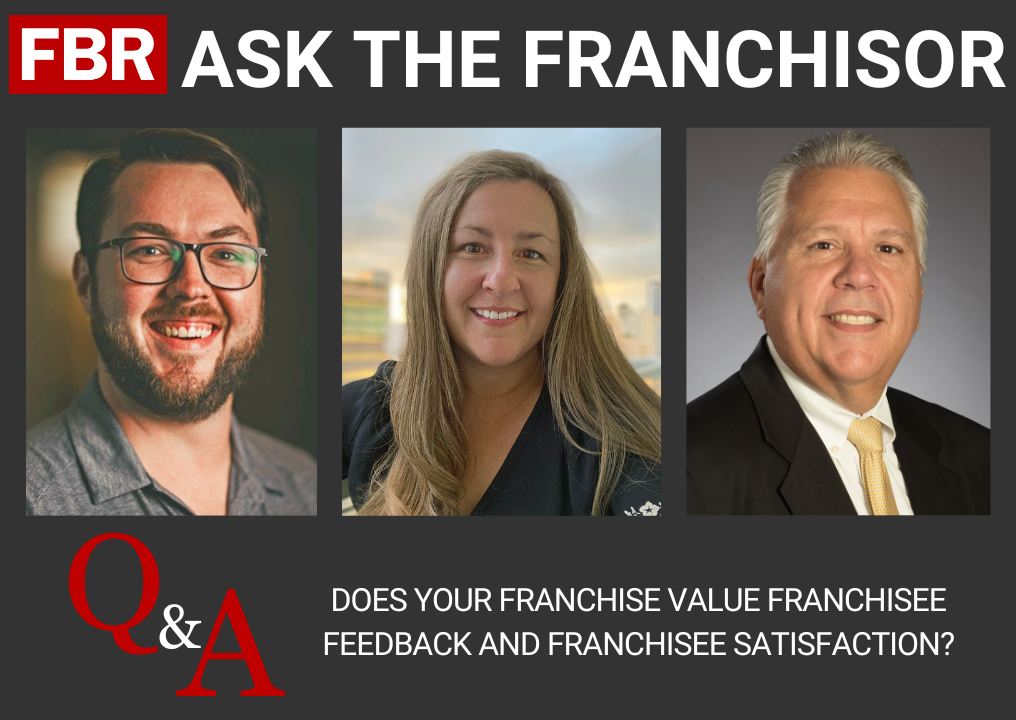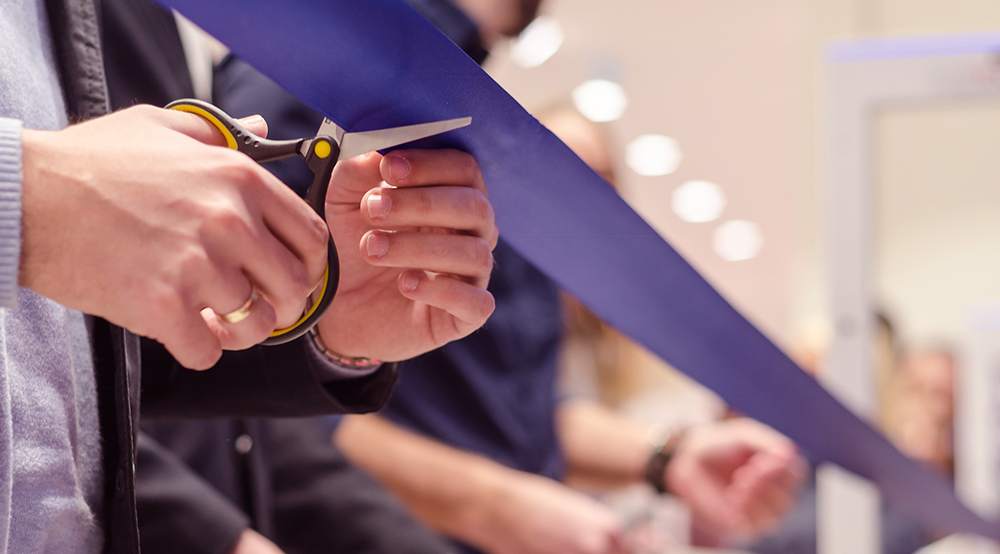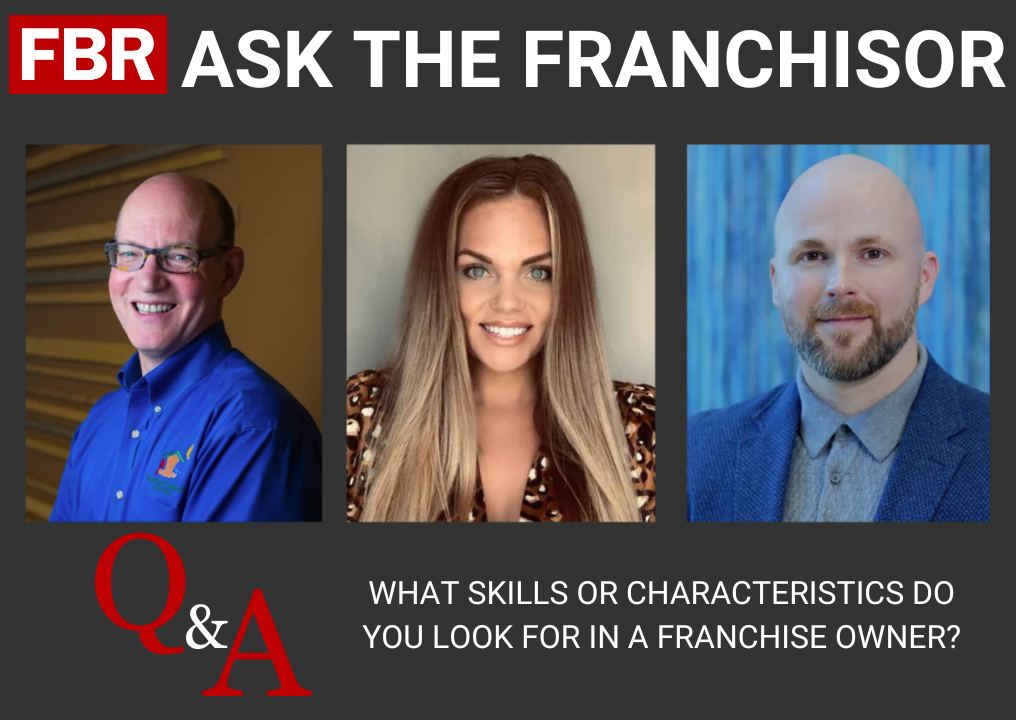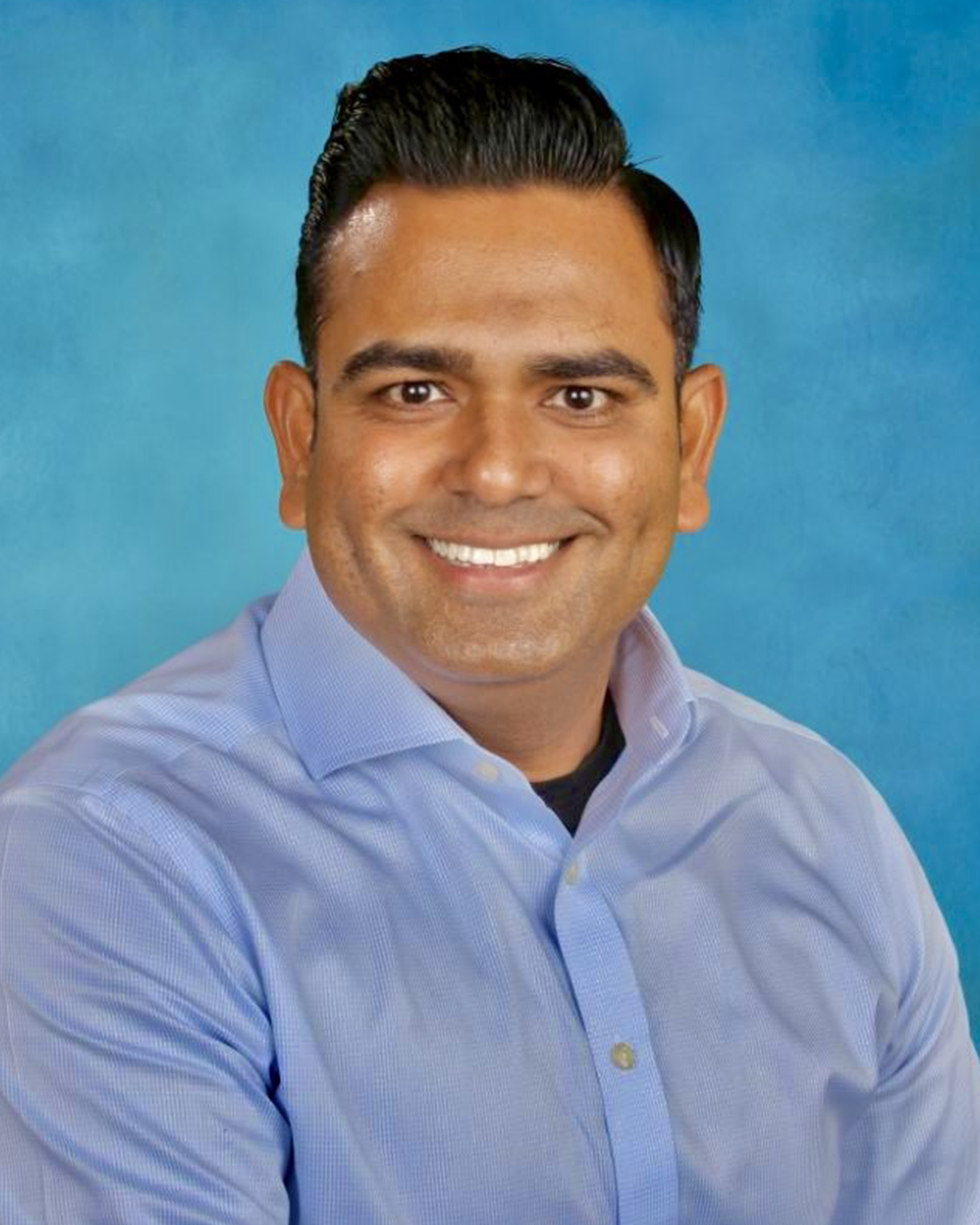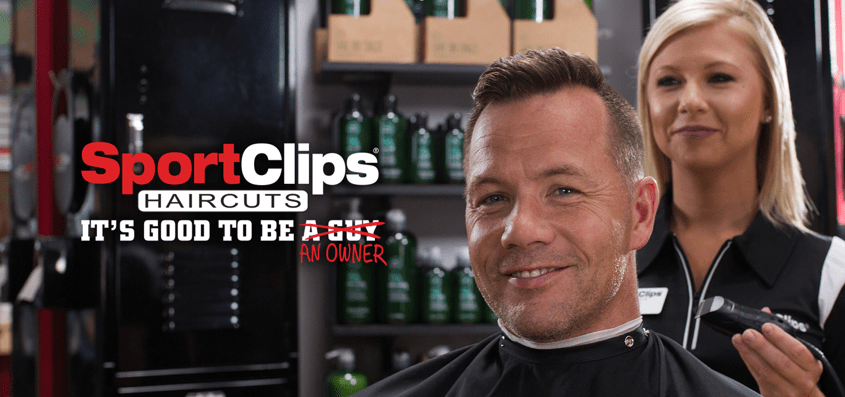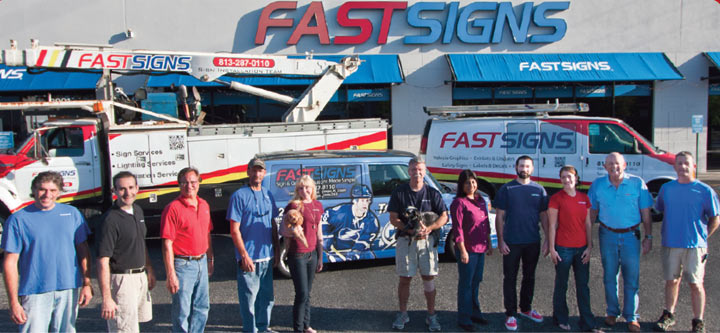
Franchise Business Reviews, President & COO, Michelle Rowan sits down with Chief Development Officer of FASTSIGNS(R), Mark Jamison. FASTSIGNS has worked with FBR, surveying their franchisees, since 2008, and is an FBR Hall of Fame Franchise. They consistently score well in Franchisee Satisfaction; regularly an FBR Franchisee Satisfaction award-winner.
Learn more about FASTSIGNS®’s franchisee satisfaction report or request information about becoming a FASTSIGNS® franchisee.
Here are some highlights from that conversation.
Michelle: You mentioned that candidates from FBR seem more aligned with your system. Tell me, who are you looking for? How do you measure when you’re talking to candidates if they’re the right fit for FASTSIGNS?
Mark: It’s a good question. We look at a couple of things. First off, they have to have the right money and we have to have a market available. Those are the two basics. Beyond that, the cultural fit for us is we’re not looking for candidates that are going to stand behind the counter or wait for customers to come to them.
We’re looking for proactive sales‑building, most often, a C‑level executive or a VP of sales. We’re looking for people in our business that want to be engaged in the community. They can see from our involvement in the survey and the results of the survey that our franchisees are engaged in the community. They’re a part of the communities that they live in.
Those are some of the factors we look for. We have a very healthy veteran discount, so about 14 percent of our network is veterans. We’re proud of that achievement. There’s no doubt that back to the look‑alike, veterans like to talk to other veterans and they like to see that activity. Knowing we have a veteran initiative, which comes out in the survey, people ask those questions.
I would much rather have a candidate that has done their research and investigated the brand, and then come to us to let us talk about the fine points, and the market and those things, than to have somebody who’s blindly looking at a bunch of brands and maybe isn’t thinking about the cultural fit.
Look, you sign a franchise agreement, it’s like getting married. In marriage, there’s good and bad. We want to marry the right people and those folks that are going to be great partners for us over the long run. We also know that that’s good to attract more franchisees, if people are happy.
Michelle: Speaking about that 10‑year agreement that people sign when they join a franchise, what does year one look like for one of your franchisees in what they’re doing day to day versus what does year 10 look like? How are they growing as people, or how are they growing their business? What’s different about that?
Mark: That’s a great question, Michelle. Our business, we’re lucky, is scalable unlike other businesses, where if you open a restaurant or a big retail store, you’ve got to staff it and you’ve got to hope customers come in. We start with three employees, and so our franchisees in the beginning probably wear many hats: They’re sales, they might be marketing, they might be doing production.
There’s no doubt the first year is about building business, building relationships in the market. As our businesses grow, they absolutely become more the CEO of their business, and now, they’re managing an enterprise and multiple salespeople. They might be upgrading their equipment or their facilities.
We like to start lean and mean: Keep them efficient, get them to profitability quicker. That’s one of the things we focus on, but as the business grows and as it expands, it’s easy to add those pieces you need. An additional sales person, maybe a different production person, maybe you do work on a marketing assistant or something along those lines.
Then, the franchisee now becomes the leader of that organization, having daily production meetings with sales, and production, and supply chain, to make sure we’re going to produce what we say we’re going to do. That’s what’s great about it and what I like about our business that’s so enjoyable, for whatever reason.
It’s because in our business, there are various facets of what we do. A creative person works well, a salesperson works well, a hands‑on production works well. We have a lot of multigenerational businesses. Husband and wives, father/sons, mother/daughter, whatever.
That’s also fun to see that as the business grows and transcends that second generation, in some cases in our businesses – we’re 35 years old – the third generation is now running the business.
Michelle: That’s amazing. I love it. One of the hardest things as a business owner is understanding, how do I make that next move? It sounds like you’re doing a great job as far as what’s the next sensible hire to help you get there.
Do you provide opportunities, or how are you connecting franchisees with each other, to help them learn or share best practices? Is there an opportunity to do that within the network?
Mark: For sure. For us, there’s no doubt with franchise satisfaction, it means you’ve got to be hands on. You’ve got to be talking to your franchisees and listening. We have two annual conferences a year. If it’s pandemic, they’re virtual, but we have two a year.
I can’t wait till we can all be together. We miss being with our franchisees. In addition to that, we have a Franchise Advisory Council, which gives us feedback. We have a national advertising board of directors, which provides us feedback and as a board, they determine how our marketing dollars are spent.
Then, Catherine, our CEO, has, usually every six weeks, what we call a Connect with Catherine, which is a network‑wide call. All the members of the executive team, including myself, are on that call listening to franchisees doing some presenting.
During the pandemic, we moved those calls to weekly, because we knew we had to communicate with our franchisees and get their ideas and share our ideas with them on a much more frequent basis.
In addition to that, as you already talked about, we survey throughout the year for various activities and events. That’s also another feedback loop. When we can travel, Catherine, myself, and the rest of our management team, spend time in the field. I visited hundreds of our locations in the 10 countries we’ve operated in, as has Catherine and many of the other management team.
We like to be there with our franchisees. It’s a two‑way street. Some of it’s very proactive on their part, attending events and coming to convention and webinars. In other cases, it’s us going to a market, maybe having a regional town hall meeting.
Michelle: I love that. Lots of opportunities. I know 2020 was a difficult year for most people. FASTSIGNS was an essential business, so you were able to keep your franchisees busy, probably busier than most.
How has the pandemic impacted your business, or any innovation, or changes that you’ve made that will stick after, either in the business or in how you’re recruiting people or bringing people on?
Mark: There’s no doubt we were one of the lucky ones. While not all of our franchisees had the same success they used to, many did. Many grew their business in 2020, but those that were focused on big events…we did a lot of events – football stadiums, baseball, those types of things – obviously, those businesses struggled.
What we learned more than anything, and the magic word is pivot for us, is we had to pivot and we had to pivot quickly. When you’re in a business like we are where mass gatherings, and conventions, and trade shows, and sporting events are a big part of your business, we had to replace those dollars. We quickly moved to COVID signage.
Everybody needed social distancing signage, and floor stickers, and six feet apart. What does six feet look like? That was the first phase. Then, we moved to the phase of reopening. “When I reopen my business, now I need safety shields, and I need things to protect my employees and my customers.” We were able to manufacture safety shields.
Many of our centers moved to doing masks and face shields, because we sell acrylic. Acrylic is in signage, so it’s not hard for us to make that move. I’ll give kudos to our marketing team. We also updated our TV commercials twice during the pandemic, which is not an easy thing to do, because we didn’t want to be speaking and not be relative to the current situation.
In our TV commercials, we talked about, “Are you ready to reopen? Are your employees protected? What are the things that FASTSIGNS can do to drive in your customers?” All of that came together and helped our franchisees drive their business.
We were absolutely impacted by the pandemic like everybody was, but we had just as many stores that had record years in 2020, because they were able to move quickly. I’m proud of them and our team for stepping up and making that move to new products and services.
Download FASTSIGNS’s Franchisee Satisfaction report or request more information from them to learn more about starting your own FASTSIGNS franchise.

